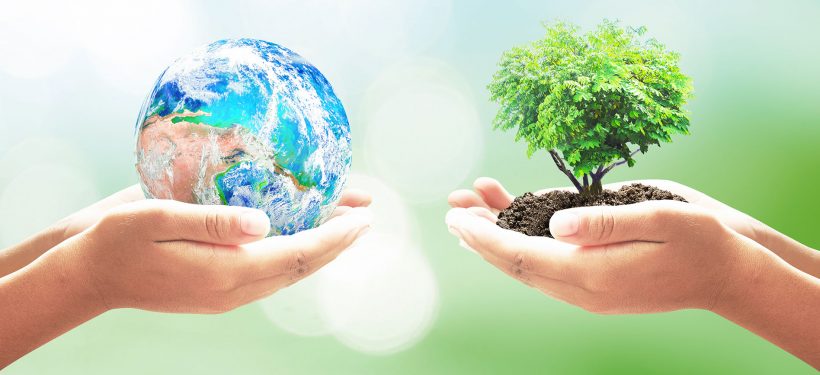COVID-19 is having specific and devastating impacts, yet it is already spurring resilient responses among Indigenous populations due to unique histories, cultures, geographies, and capacities. This Working Group will foreground Indigenous perspectives in defining research questions for potential intercultural collaboration between Indigenous and Earth sciences to drive urgent, culturally relevant and appropriate responses to COVID-19.
Resources / COVID-19 Resources / Working Groups / Research Networks, Methods, and Ethics / Indigenous and Earth Sciences Knowledges and Practices in COVID-19
Indigenous and Earth Sciences Knowledges and Practices in COVID-19

Working Group Leads
Heather Lazrus, National Center for Atmospheric Research, Julie Maldonado, Livelihoods Knowledge Exchange Network, Paulette Blanchard, University of Kansas, and M. Kalani Souza, Olohana Foundation
Emails: hlazrus@ucar.edu; jmaldonado@likenknowledge.org; paulettelblanchard@gmail.com; mks@olohana.org
Working Group Members
Theresa Dardar, First Peoples Conservation Council
John Doyle, Apsaalooke Water and Wastewater Authority
Fred Eningowuk, Native Village of Shishmaref
Lesley Iaukea, University of Hawai’i at Manoa
Dennis Longknife, Fort Belknap Indian Community
Melonee Montano, Great Lakes Indian Fish and Wildlife Commission
Michelle Montgomery, University of Washington, Tacoma
Jasmine Neosh, College of Menominee Nation
Kukuya Margarita Nogueras-Vidal, Coalition of Indigenous Taino People
James Rattling Leaf Sr, North Central Climate Science Adaptation Center, University of Colorado Boulder

